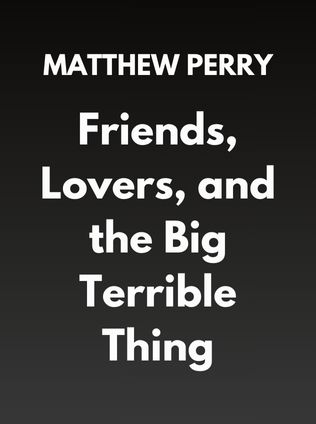
The Catalyst
How to Change Anyone’s Mind
By Jonah Berger
Published 03/2020
About the Author
Jonah Berger is a marketing professor at the Wharton School of the University of Pennsylvania and the internationally best-selling author of "Contagious" and "Invisible Influence". He’s a world-renowned expert on behavior change, social influence, word of mouth, and why products, ideas, and behaviors catch on. Berger has published more than 50 papers in top-tier academic journals, and his work frequently appears in publications such as the New York Times, Wall Street Journal, and Harvard Business Review. He consults for companies like Google, Apple, Nike, and the Bill & Melinda Gates Foundation, helping organizations drive new product adoption, shift public opinion, and change organizational culture.
Main Idea
"The Catalyst: How to Change Anyone’s Mind" by Jonah Berger identifies the key barriers to change and how to mitigate them. Berger explains that successful change agents act as catalysts by removing roadblocks and reducing barriers to change, rather than pushing harder or providing more information. The book offers practical strategies for changing minds, whether in personal, organizational, or broader societal contexts.
Table of Contents
- Introduction
- Reactance
- Endowment
- Distance
- Uncertainty
- Corroborating Evidence
- Conclusion
Introduction
Change is notoriously difficult. Despite persuasive efforts, change often happens slowly, if at all. Berger explains that the traditional approach of pushing harder and providing more information frequently backfires. Instead, change agents should focus on being catalysts, reducing the barriers that prevent change.
"Generating change is not about being more convincing or a better persuader. Instead, it’s about being a catalyst—changing minds by removing roadblocks and lowering the barriers that keep people from taking action." - Jonah Berger
Reactance
Reactance occurs when people feel their freedom is threatened, leading them to resist change. To reduce reactance, Berger suggests allowing for agency by providing choices, asking questions instead of making statements, highlighting gaps between beliefs and actions, and starting with understanding.
"Restriction generates a psychological phenomenon called reactance. An unpleasant state that occurs when people feel their freedom is lost or threatened." - Jonah Berger
- Provide a menu: Let people choose how they get to the desired outcome, such as offering potential hires different compensation options.
- Ask, don’t tell: Pose questions that encourage people to find their own reasons to change.
- Highlight a gap: Show discrepancies between someone’s beliefs and actions, like the effective anti-smoking "Smoking Kid" campaign in Thailand.
- Start with understanding: Build trust before attempting to influence, similar to how word-of-mouth recommendations are more persuasive than advertisements.
Endowment
People overvalue what they have and are reluctant to change because losses loom larger than gains. Berger advises surfacing the cost of inaction and "burning the ships" to overcome endowment.
Sign up for FREE and get access to 1,400+ books summaries.
You May Also Like
The Subtle Art of Not Giving a F*ck
A Counterintuitive Approach to Living a Good Life
By Mark MansonHow To Win Friends and Influence People
The All-Time Classic Manual Of People Skills
By Dale CarnegieFreakonomics
A Rogue Economist Explores the Hidden Side of Everything
By Steven D. Levitt and Stephen J. DubnerQuiet: The Power of Introverts
The Power of Introverts in a World That Can't Stop Talking
By Susan CainIf You Tell
A True Story of Murder, Family Secrets, and the Unbreakable Bond of Sisterhood
By Gregg Olsen



















